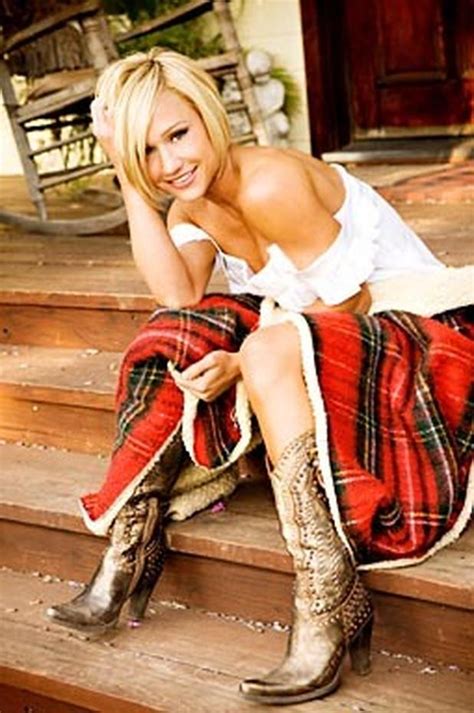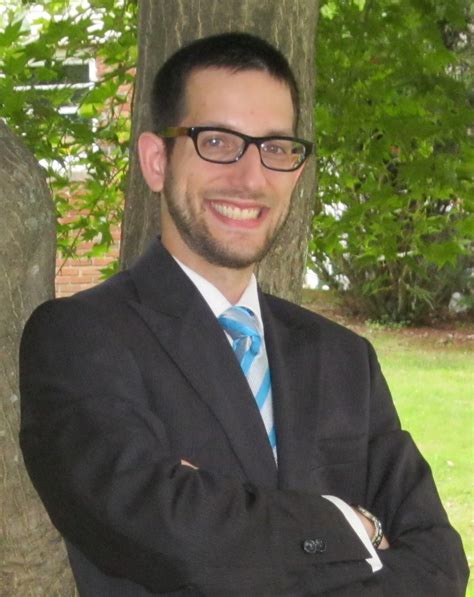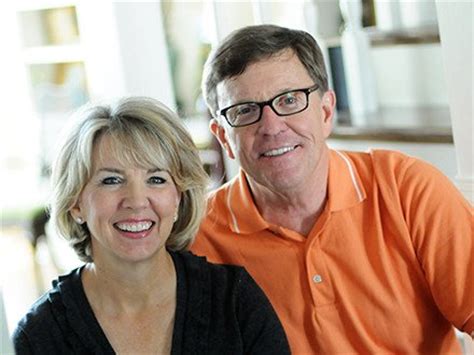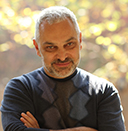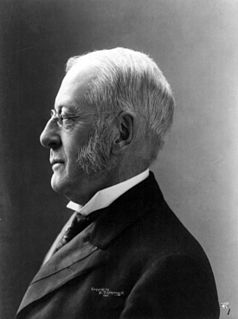A Quote by Charles Caleb Colton
It is in the middle classes of society that all the finest feeling, and the most amiable propensities of our nature do principally nourish and abound. For the good opinion of our fellow-men is the strongest though not the purest motive to virtue. The privations of poverty render us too cold and callous, and the privileges of property too arrogant and confidential, to feel; the first places us beneath the influence of opinion--the second, above it.
Quote Topics
Abound
Above
Amiable
Arrogant
Beneath
Callous
Classes
Classes Of Society
Cold
Confidential
Feel
Feeling
Fellow
Finest
First
First Place
Good
Good Opinion
Influence
Men
Middle
Middle Class
Most
Motive
Nature
Nourish
Opinion
Our
Places
Poverty
Privileges
Property
Purest
Render
Second
Society
Strongest
Though
Too
Us
Virtue
Related Quotes
Also our fellow competitors, who are indeed the people just mentioned - we do not compete with men who lived a hundred centuries ago, or those yet not born, or the dead, or those who dwell near the Pillars of Hercules, or those whom, in our opinion or that of others, we take to be far below us or far above us. So too we compete with those who follow the same ends as ourselves; we compete with our rivals in sport or in love, and generally with those who are after the same things; and it is therefore these whom we are bound to envy beyond all others. Hence the saying.
Most of us have become Ecozombies, desensitized, environmental deadheads. On average, society conditions us to spend over 95% of our time and 99.9% of our thinking disconnected from nature. Nature's extreme absence in our lives leaves us abandoned and wanting. We feel we never have enough. We greedily, destructively, consume and, can't stop. Nature's loss in our psyche produces a hurt, hungering, void within us that bullies us into our dilemmas.
Tradition is only democracy extended through time; it may be defined as an extension of the franchise. Tradition means giving votes to the most obscure of all classes, our ancestors. It is the democracy of the dead. Tradition refuses to submit to the small and arrogant oligarchy of those who are merely walking about. All democrats object to men being disqualified by accident of birth; tradition objects to their being disqualified by accident of death. Democracy tells us not to neglect a good man's opinion, even if he is our father.
...men endeavor to sink us still lower, merely to render us alluring objects for a moment; and women, intoxicated by the adoration which men, under the influence of their senses, pay them, do not seek to obtain a durable interest in their hearts, or to become the friends of the fellow creatures who find amusement in their society.
The human heart is the first home of democracy. It is where we embrace our questions: Can we be equitable? Can we be generous? Can we listen with our whole beings, not just our minds, and offer our attention rather than our opinion? And do we have enough resolve in our hearts to act courageously, relentlessly, without giving up, trusting our fellow citizens to join us in our determined pursuit-a living democracy?
Our senses perceive no extreme. Too much sound deafens us; too much light dazzles us; too great distance or proximity hinders ourview. Too great length and too great brevity of discourse tends to obscurity; too much truth is paralyzing.... In short, extremes are for us as though they were not, and we are not within their notice. They escape us, or we them.
I'm afraid too many of us Christians don't know what we really believe. Like a cork in the ocean, driven and tossed by the waves, we bounce from opinion to opinion... We've become activity junkies, seldom stopping long enough to decide what really matters to us, too busy to determine what's really worth living for, let alone worth dying for.
One of the most melancholy consequences of this habit of deferring to other nations, and to other systems, is the fact that it causes us to undervalue the high blessings we so peculiarly enjoy; to render us ungrateful towards God, and to make us unjust to our fellow men, by throwing obstacles in their progress towards liberty.

